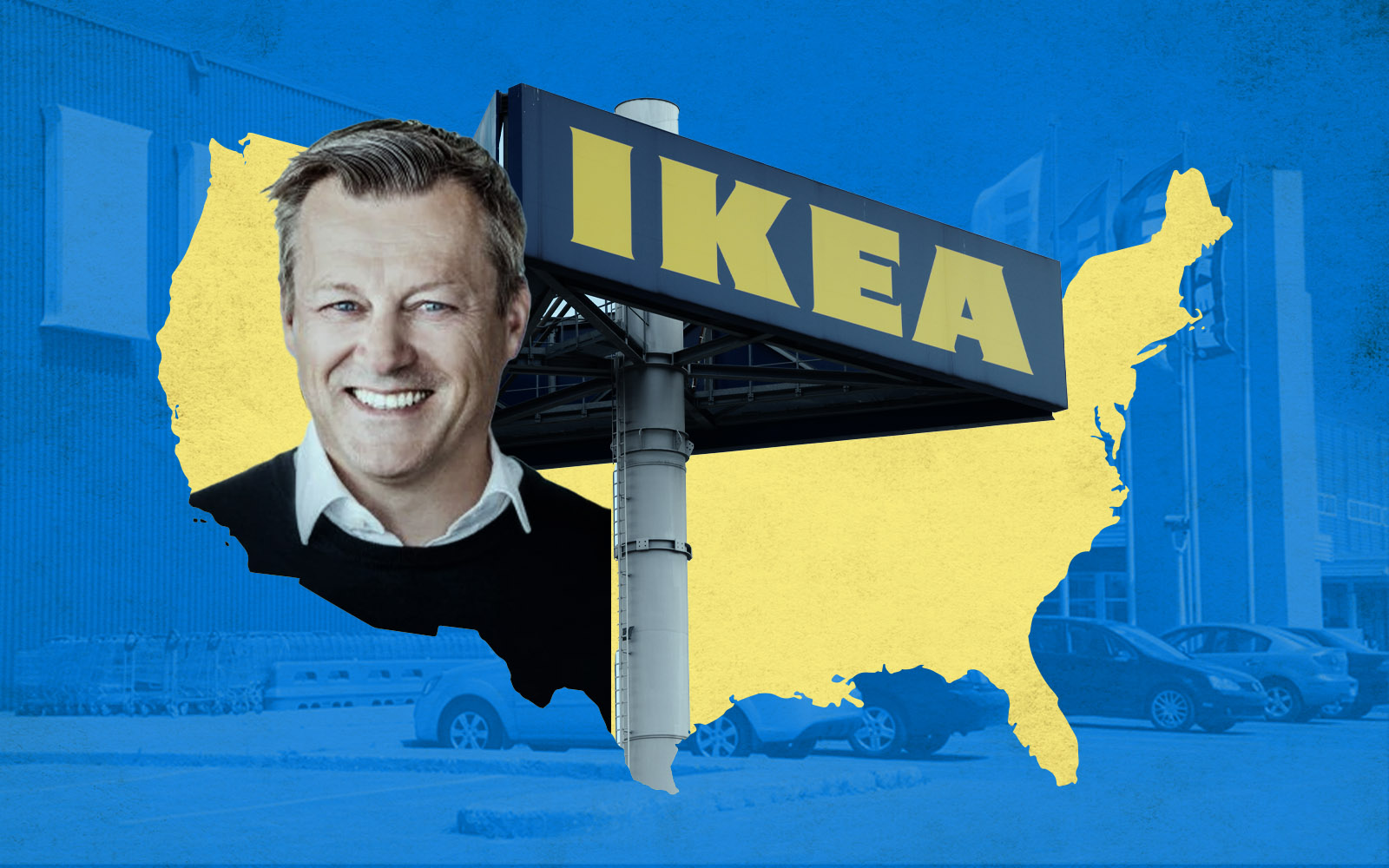IKEA furniture is confusing. The company’s plan to buy malls and develop them with co-working spaces and food halls is likely to draw some raised eyebrows, too.
Ingka Group, which operates most IKEA stores across the world, is snapping up its own portfolio of malls, the Wall Street Journal reported. Ingka plans to anchor those malls with the Swedish furniture chain and make them destinations by creating WeWork-type spaces, eateries, children’s play areas and more.
“If you bring in more reasons to visit, then people will still come,” Ingka Centers’ Cindy Andersen told the Journal, perhaps invoking a “Field of Dreams” reference.
Ingka’s co-working brand — named Hej! Workshop, exclamation point surely for dramatic effect — has three locations so far, including one in the U.S. The brand, whose name translates to “hello,” costs $399 per month and is outfitted with furniture from IKEA, naturally.
Saluhall, Ingka’s food hall concept, will feature Nordic-inspired cuisine and be 80 percent plant-based.
Even after selling more than a dozen malls in Russia following its invasion of Ukraine, Ingka still counts 38 malls in 15 countries in its portfolio. It plans to buy and develop more malls across the globe, including in the United States — where it has been itching to expand — China and India; Ingka opened a mall in San Francisco last year, three years after purchasing it.
In November, it purchased a mall in Brighton, England for approximately $184 million when converted to U.S. dollars. Tenants at the mall include Apple and Zara and there’s an empty department store waiting for an IKEA.
The ability to get IKEA into enclosed mall spaces has to do with a conceptual shift for its stores. The company’s traditional vast warehouses don’t work in city centers, but compact stores can work there and serve urban populations.
The benefits for Ingka in owning and developing its own space are that IKEA doesn’t have to pay rent and the developer can format locations to meet the specific needs of the store.
IKEA’s bet on malls is an attempt to turn the tables on an increasingly beleaguered commercial sector. Retailers are reducing exposure to the traditional enclosed mall as shoppers take their wallets to strip malls, outdoor venues or the internet.
Read more



